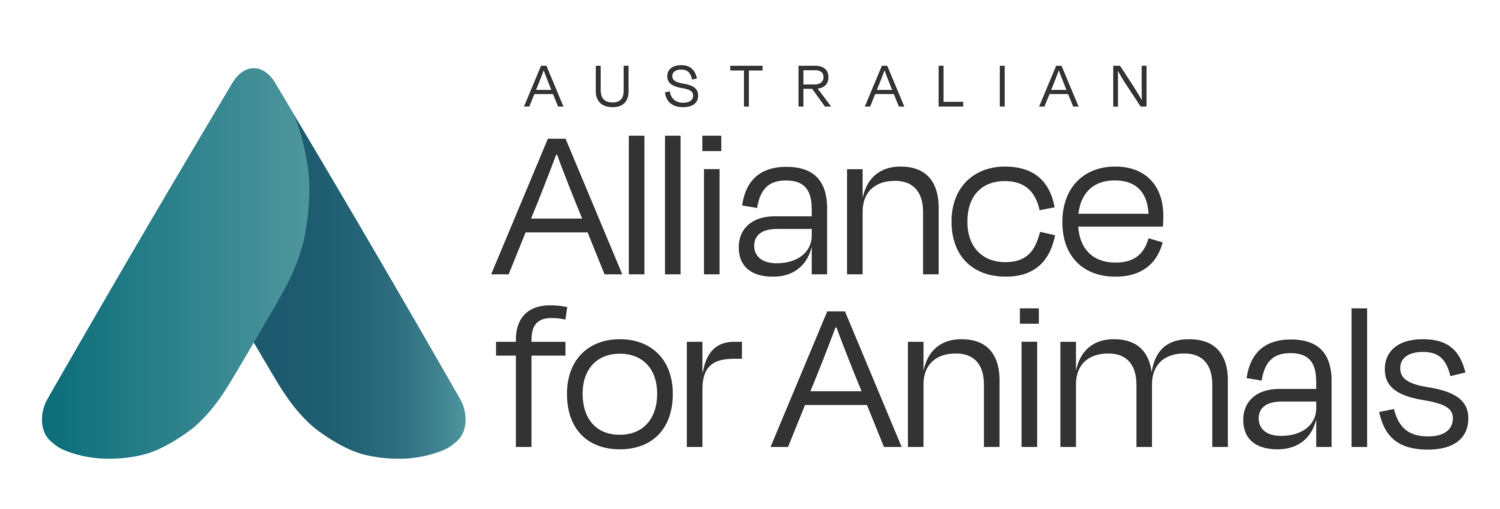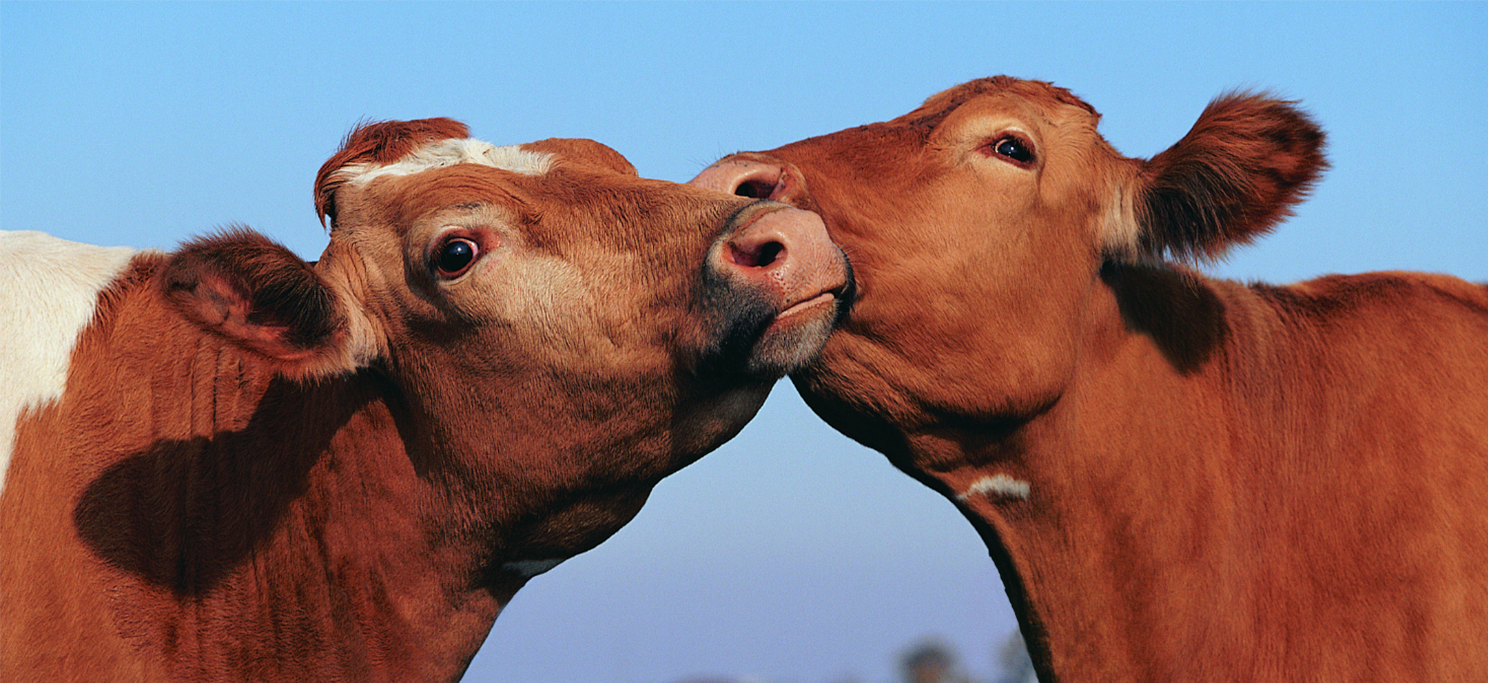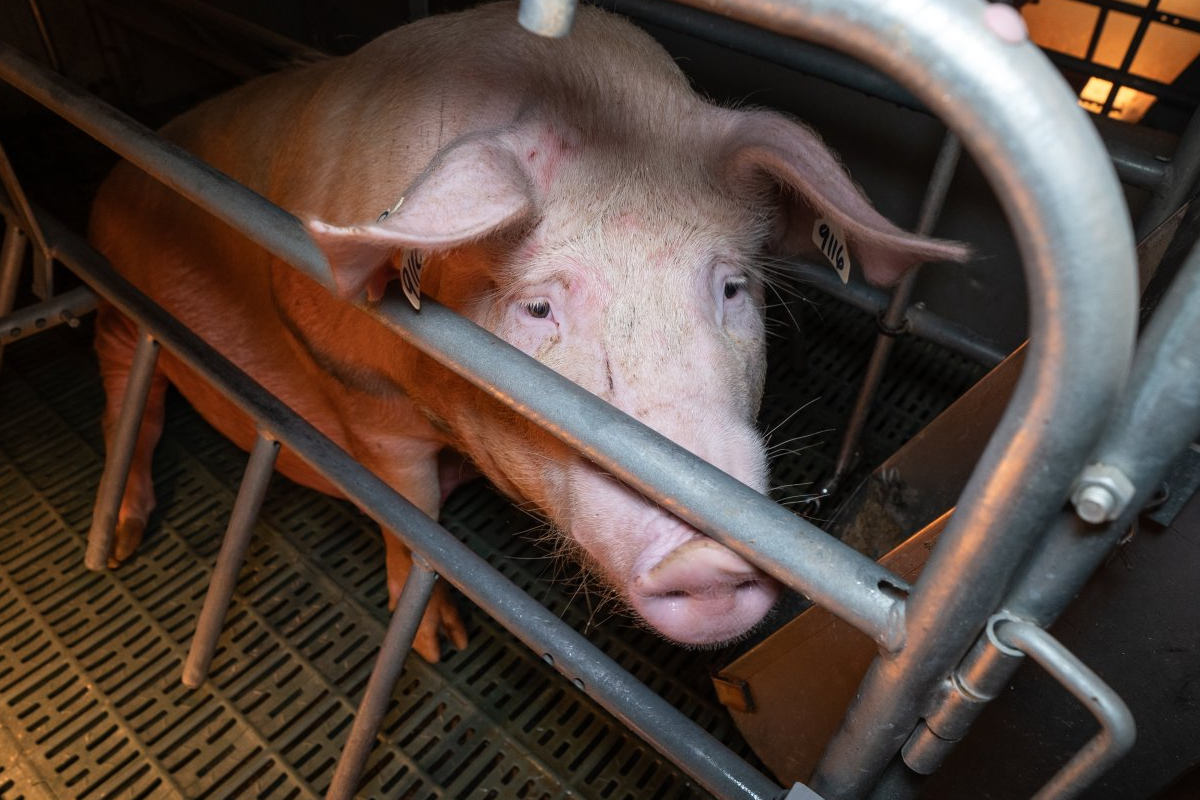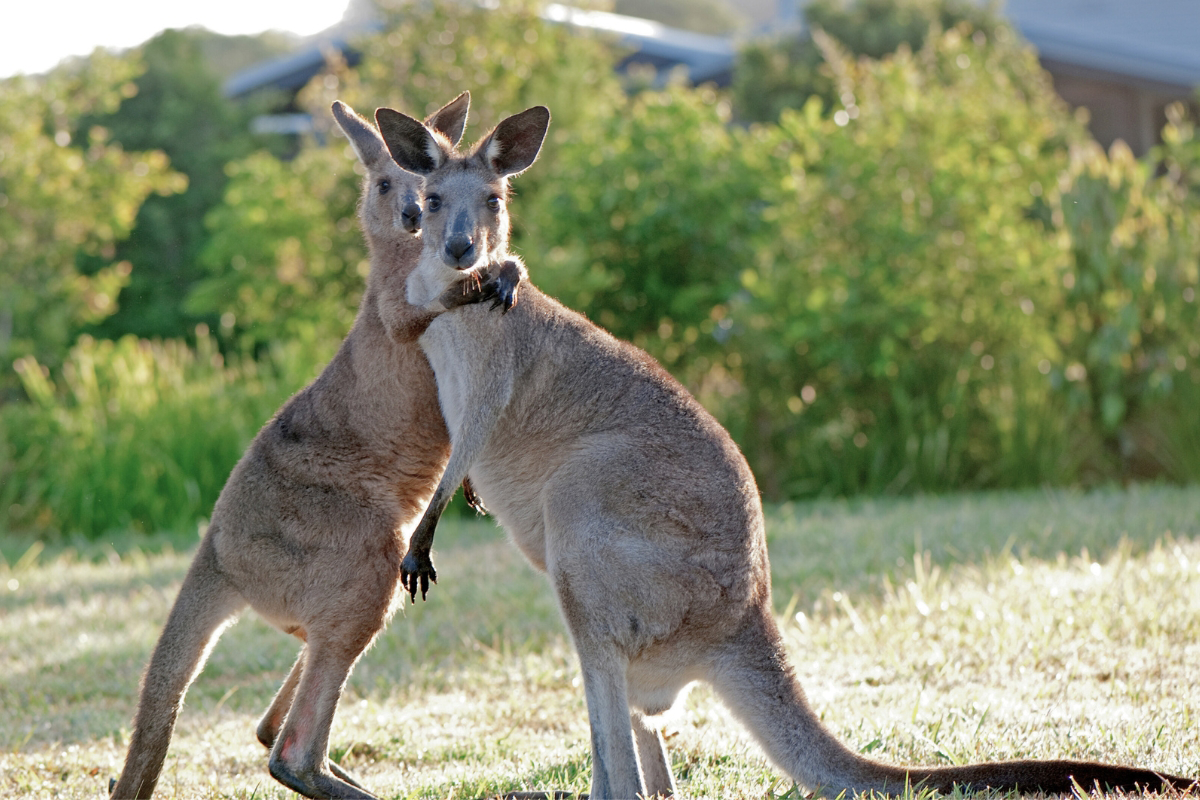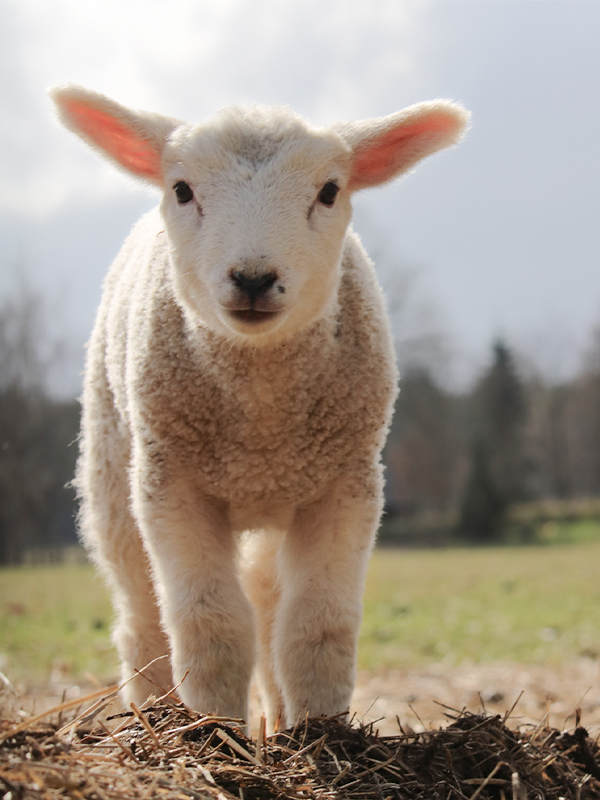How will guiding legislative principles and sentience recognition improve animal welfare?
Australia’s Animal Welfare Acts lack a cohesive set of principles to guide decision-making processes and fail to recognise animal sentience. This has led to a disjointed and ineffective animal welfare framework that leaves animals vulnerable to poor welfare outcomes.
Introducing guiding decision-making principles, which recognise animal sentience, in Animal Welfare Acts across Australia, is one of six vital reforms being called for by the Fair Go for Animals campaign. These reforms are designed to build a fairer and more consistent approach to animal welfare, leading to better outcomes for animals.
The current decision-making process favours profits over animal welfare.
Australia’s animal welfare governance system is failing to put animals at the heart of the decision-making process.
Departments and ministers are often resistant to pursuing higher welfare standards due to competing responsibilities. With no consistent principles to guide their decisions under animal welfare law, animals are vulnerable to inconsistent standards and protections.
Animal sentience isn’t being recognised.
Most states and territories in Australia fail to recognise animal sentience in their animal welfare legislation. While these laws aim to prevent cruelty, promote welfare, and educate the community, they fall short of explaining why protecting animals is so important. Modern societies have created animal welfare laws precisely because animals are sentient. However, these laws fail to explicitly recognise this foundational principle, leaving regulators, courts and other decision makers with the task of creating their own principles in the application of the legislation. This often results in decision makers failing to place adequate weight on the sentience of animals when arriving at their decisions.
Animals receive varying levels of protection depending on how they are classified.
When animals are seen as “products” for food, clothing, or entertainment, they are subjected to cruel practices that are permitted by certain regulations, standards and codes. It is not uncommon for these practices to directly contradict the duties and offences outlined in the Animal Welfare Acts. For example, procedures like removing the skin from the breech of a lamb (live lamb cutting) or confining a sow to a farrowing crate are permitted, yet these same acts would be considered animal cruelty if done to “pet”.
Australia is falling being international expectations.
At least nineteen countries have recognised animal sentience in some form, including the UK, New Zealand and the entire EU. As more nations take this step, Australia’s lack of recognition is becoming more noticeable. Australia received a 'D' grade in the latest edition of the Animal Protection Index (API), which ranks countries on their animal welfare policies. This low ranking is concerning and can hinder Australia’s ability to meet future community and trade expectations.
Scientists have revealed that pigs can sense the passage of time across days at a time.
Pigs are still confined to sow stalls and farrowing crates for weeks at a time, despite the known mental and physical suffering it causes.
Image: Farm Transparency Project
Guiding principles will provide a consistent basis for decision-making under the Animal Welfare Acts.
Animal Welfare Acts should include a set of principles to guide and standardise decision-making processes and ensure that animal welfare is a primary consideration in all relevant governmental decisions, promoting a more consistent, holistic approach to animal welfare governance.
These principles will lead to increased scrutiny of all decisions that affect animals and ensure that decisions align with the minimum standards of care and do not cause unnecessary harm, pain, or distress. In turn, this will compel decision-makers to consider potential negative impacts on animals and how they can be avoided in future.
Proposed guiding decision-making principles include:
The minimum standard of care requirements outlined in the Act should be met for all animals in the care or control of people.
Harm, pain or distress for animals should be avoided.
Where scientific evidence demonstrates that a practice causes adverse welfare outcomes it should be prevented or phased out.
Failing to meet the minimum standards of care or causing harm, pain or distress to animals should only be permitted in exceptional and temporary circumstances where:
There is no other alternative means of achieving the intended outcome in a way that meets the minimum standards of care or avoids the harm, pain or distress
All reasonable steps have been taken to reduce the harm, pain or distress as much as possible (for example, through the use of appropriate pain relief), and
The harm, pain or distress is proportionate to the outcome sought to be achieved having regard to the sentience of animals and the purposes of the Act.
Animals are sentient and our laws must recognise this.
Recognising animal sentience means acknowledging that animals have the capacity to feel and experience the world around them. Reflecting this fact in the ‘objects’ or ‘purposes’ provisions of animal welfare law would ensure the legislation is consistent with scientific knowledge and conveys the foundational reasons for why animal welfare matters. Making sentience a foundational part of the legislation would guide all animal-related decisions under the law and its general administration.
Recognising animal sentience will...
Provide a science-based standard for animal protection: The legislative focus will shift from arbitrary and instrumental determinants, such as an animal’s use to humans, to a more consistent basis, centred on animals' inherent capacities.
Improve legislative consistency: Respect for animal sentience run through the interpretation and application of the entire legislative regime, including subsidiary standards and guidelines.
Assist with sentencing offenders: Abused animals can be seen as victims and this can potentially lead to stronger penalties for offences, better reflecting the community’s views on the seriousness of animal cruelty.
Improve Australia’s international reputation: By aligning our animal welfare standards with global best practices, we will improve our international reputation.
Facilitate trade and market access: International markets are sensitive to animal welfare and are increasingly including animal welfare conditions in their trade agreements. Recognising sentience will demonstrate Australia’s commitment to progressive standards and potentially enhance trade opportunities.
Will you support the call for guiding principles and sentience recognition?
Incorporating guiding principles and recognising animal sentience in Australia’s Animal Welfare Acts would represent a significant step toward a more ethical, scientifically grounded, and internationally respected approach to animal welfare legislation. These changes would ensure that animals receive consistent and effective laws that better align with the community’s expectations.
